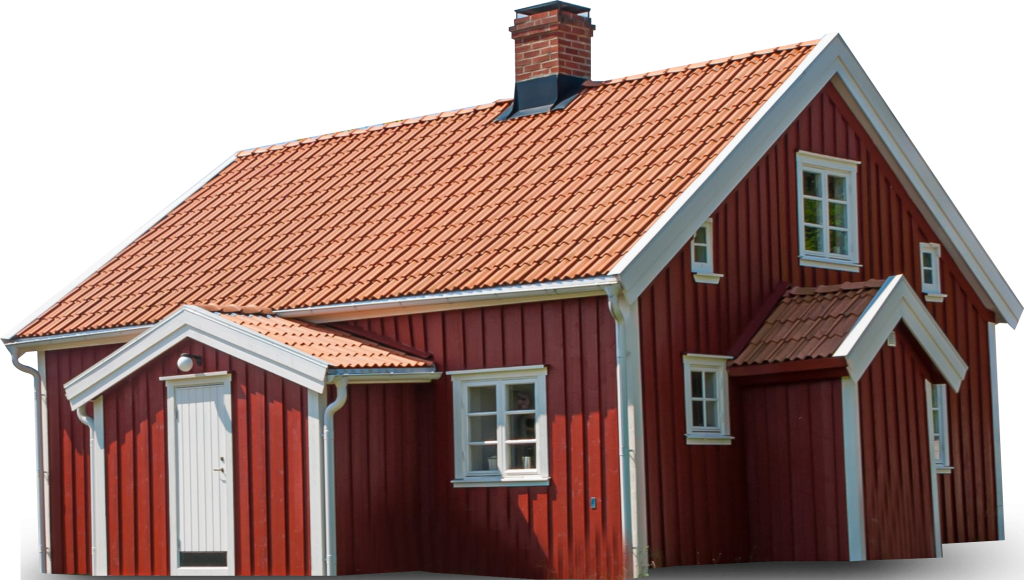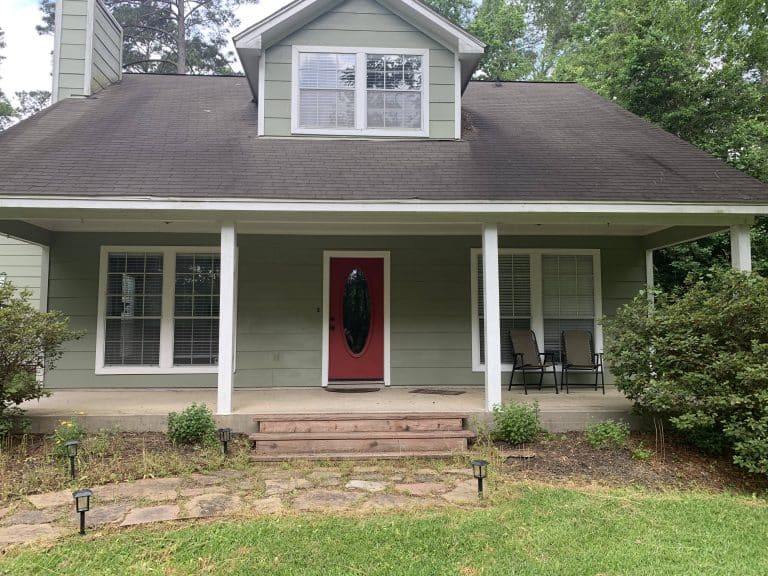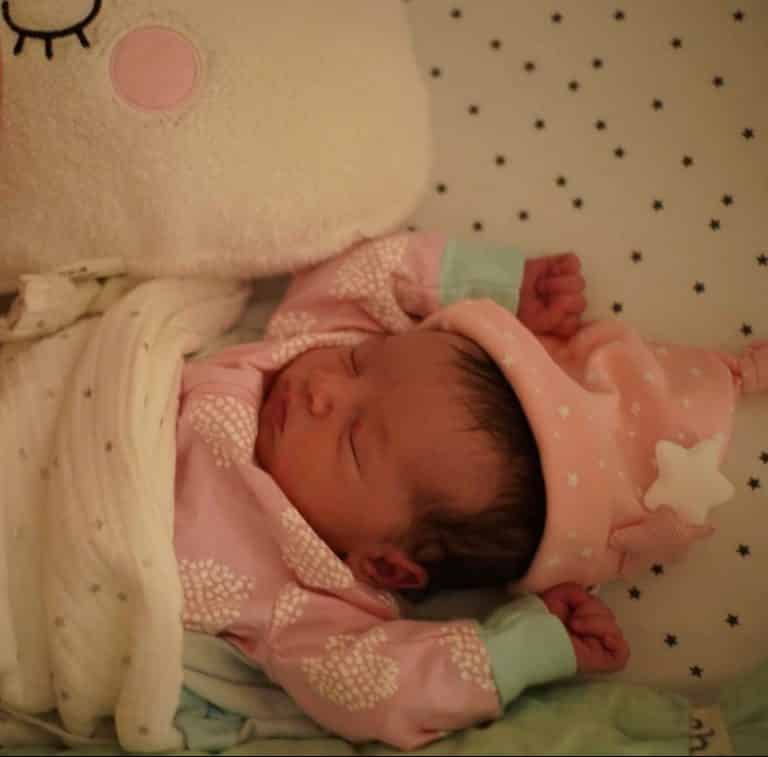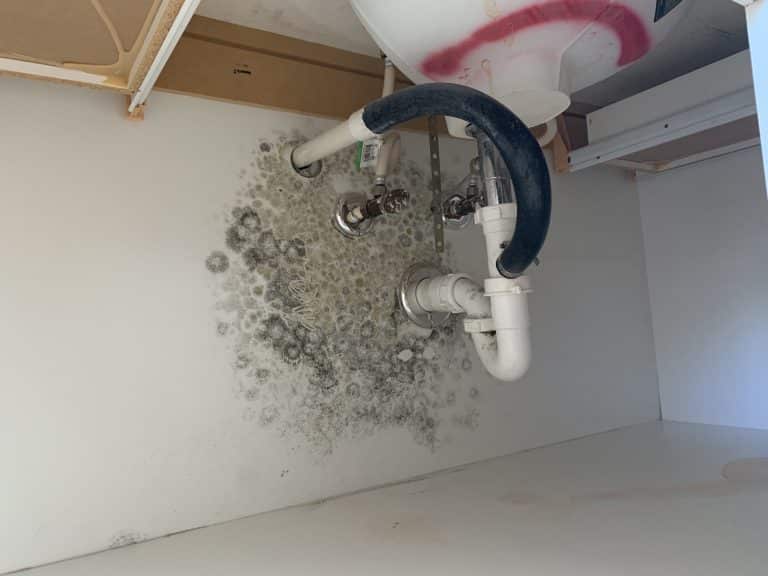Your children will always be your top priority. And that’s why you’d go to great lengths to make sure your home is the safest place for them to live.
But what if your home becomes a breeding ground for dangerous molds?
What do you do?
Knowing the terrible effects that mold exposure can have on your kids is essential. Mold can develop in hidden areas. They can grow inside air ducts, drywall, on wood, carpets, paper, or anywhere that’s continuously exposed to moisture like under the kitchen or bathroom sinks.
You may not be able to see them until it’s too late.
But if you see these symptoms manifest in your children, you could at least consider mold as the culprit. That way, you can call in the experts to locate and deal with the problem.
So, let’s talk about the harmful effects that molds have on children.
Effects of Mold on Children’s Health
Babies and small children are at a stage where they’re still developing their immune systems. So, while you or any other healthy adults may not suffer from the effects of mold, your kids are always at risk.
Note: It’s still possible for adults with weakened immune systems or those who are allergic to mold to experience these symptoms.
The main thing you need to know is that the diseases that are associated with molds are common among children. It’s easy to dismiss mold symptoms as nothing serious.
You might see your baby sneezing, coughing, or with a runny nose — all of which are signs of mold allergy. And yet, you could blame it on something else entirely, not knowing what the real culprit was.
Even worse, there are far more dangerous effects toxic mold can have on children.
Here are a few:
Allergic Reactions
We’ve mentioned sneezing, coughing, and runny nose. But it does not stop there.
Your baby could experience rashes. Skin irritation is not out of the question, especially if the baby comes into direct contact with the mold in question.
To be clear:
Any number of things could cause rashes. But if you have mold in your home or suspect that you do, you could inform your pediatrician so she could use that information to assess what steps to take.
Respiratory Problems
It’s not uncommon for kids to develop croup, pneumonia, or bronchitis if there is mold growth due to water damage in the home.
- Croup — An inflammation or blockage of the larynx, trachea, and bronchi. Children will start to experience shortness of breath.
- Pneumonia — An inflammation of the lung tissue. Those afflicted will experience fever, chills, cough, fatigue, and difficulty in breathing.
- Bronchitis — An inflammation of the bronchial tubes. Your baby could experience dry coughing, noisy breathing, and vomiting. They’ll also eat less and can become more irritable.
According to the American Journal of Respiratory and Critical Care Medicine, there is a direct link between the dampness of the home to more respiratory symptoms in children. If you expose children to high levels of fungi, then you also raise the risk of respiratory symptoms.
The research concludes that homes with high levels of mold—when combined with environmental factors—had an 86% chance of infecting kids in their first year.
Gastrointestinal Conditions
Exposure to mold can also lead to problems with your kid’s digestive tract. It can lead to diarrhea, vomiting, and nausea.
Kids will also lose their appetite if they have gastrointestinal issues.
There’s also the possibility of bleeding in the intestinal tract and intestinal cramping.
While these symptoms often show up if the victim had eaten spoiled food, they can also pop up if they inhale the mold or absorb it through the skin.
Again, if you suspect that mold is causing these symptoms, let your pediatrician know. Also, look for other mold symptoms like coughing, sore throats, or rashes. This could help the doctor come up with the correct diagnosis.
And if she tells you that mold is causing the problem, seek professional help immediately.
If possible, let your child stay with friends or extended family until you deal with your mold issue at home.
Baby Exposed to Mold? Here’s What You Should Do.
If you think or have confirmed that your kid is sick because of mold, you should go to a doctor immediately. A pediatrician will be able to order tests that would confirm what’s causing the issues your kid is having.
Another sign that mold is the issue would be consistency. If your kid is continuously suffering from any of the diseases we’ve mentioned, then molds are the probable cause. See if your baby starts feeling better by staying in a mold-free household.
While the baby is away, have professional mold experts come in and do an assessment of your home. Sometimes you can spot a mold immediately, but there are times when you’ll need experts to come in.
You can also improve the indoor air quality of your home. This will help remove mold spores.
Molds can go beyond the surface and sink deep into the surface where they live. You’ll need people who know what they’re doing to get rid of molds completely.
They can also test the mold to see what type you have in your home. Knowing the specific type of mold can help the doctor come up with a diagnosis.
So, to recap:
You need to take your child to a pediatrician, move them out of the home temporarily, and call in the experts to identify and remove all traces of mold in your home.
Conclusion
To keep your baby safe from all the harmful effects that mold can have on your children, you need experts to come in and inspect your home.
But don’t be lured by companies that offer free inspections. They often cause more harm to your home. People are unaware that there are scammers out there who are willing to take advantage of parents who only want to do the right thing for their children.
Instead:
Hire mold inspection experts like AWA Mold Inspection.
They can do inspections and testing in one day. They can service residents of Florida, New York, South Carolina, North Carolina, Missouri, and Texas.
And scheduling an appointment is easy. You can get in touch with them by filling a short form on their website or by calling them at 855-220-3900.








